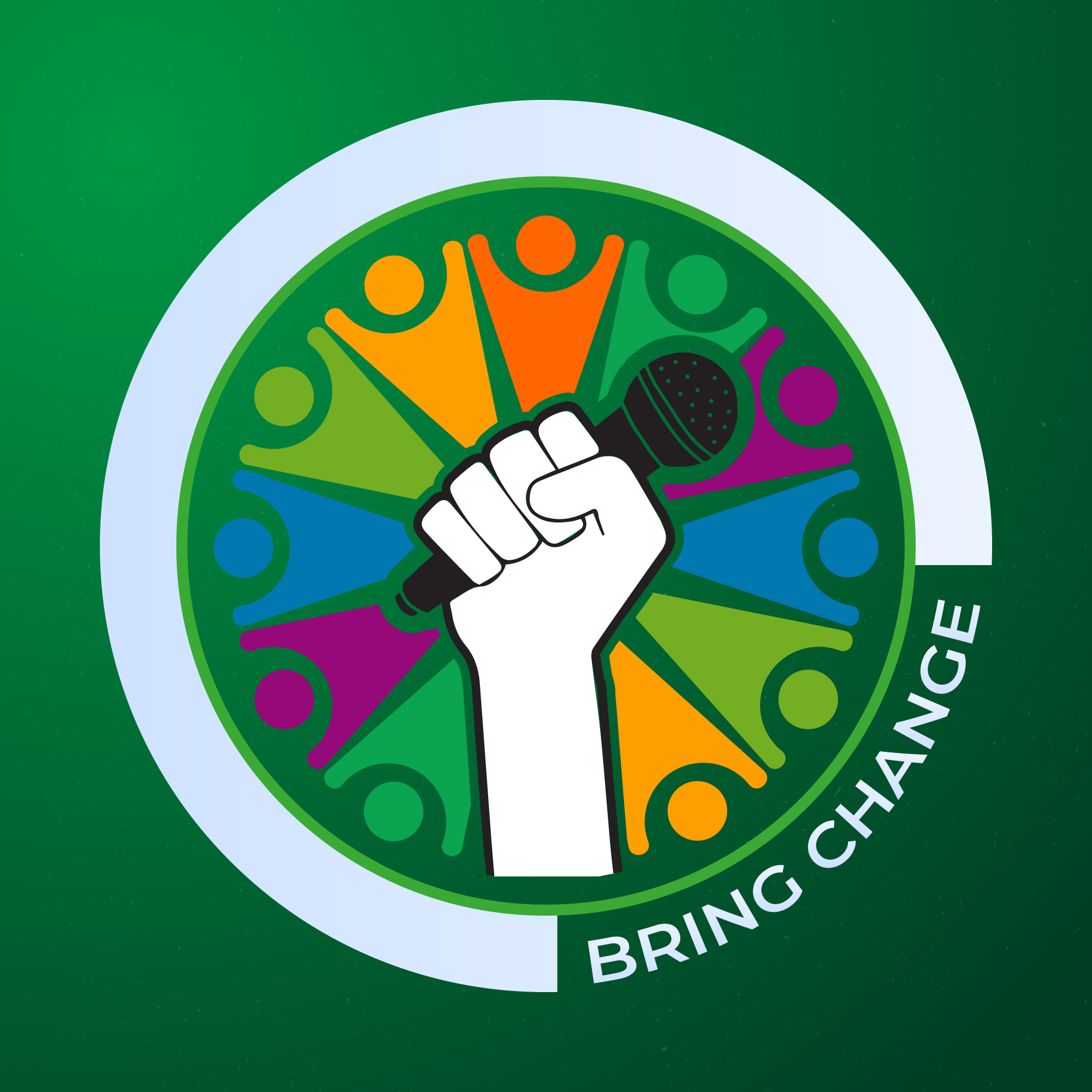I recently reviewed “Fairness, Globalization and Public Awareness” by Jim Dator, Dick Pratt, and Yongseok Seo. The paper makes an important point: in a globalized world, governments and institutions must not reduce themselves to enterprises chasing efficiency. They must remember fairness—protecting citizens, ensuring opportunity, and fostering critical awareness. This is a powerful reminder. But it is not enough.
1. Fairness vs. Efficiency
The paper argues that globalization pushes governments to prioritize efficiency over fairness. I agree. But urging governments to “prioritize fairness” still leaves it as a choice.
Equitism goes further: fairness is not a policy preference—it is structurally enforced. In the Universal Governance Framework (UGF), fairness is designed into the operating system itself through institutions like the International Court of Global Accountability (ICGA) and the Global Metric Registry. Leaders don’t get to choose fairness; the system demands it.
2. Shifting Meanings of Fairness
The paper highlights how fairness shifts in meaning. In China, it once meant equal sharing. With globalization, it means equal opportunity.
Equitism provides a constant: fairness defined as measurable, enforceable balance—fairness enforced, responsibility tied to power, representation ensured, and freedom structurally protected. Global standards, not cultural accidents.
3. Institutions as Guardians
The paper warns that public institutions must guard citizens against corruption and the reduction of “citizen” into “consumer.”
Equitism designs new guardians: not just hoping institutions behave, but building ones with enforcement power. ICGA, GEJA, GAITA, and the Off-World Charter aren’t aspirational—they are architectural solutions.
4. Education and Awareness
The paper stresses that education under globalization must foster critical thinking, not rote memorization.
Equitism operationalizes this through CARO and PlayerOne Simulation. We don’t just theorize about critical awareness; we train youth to simulate governance, make decisions, reflect on fairness, and learn responsibility in practice.
From Describing Fairness → Enforcing Fairness
The paper’s main contribution is to describe fairness as something governments and institutions should remember in the face of globalization. But the reality is this: fairness forgotten is fairness lost. We cannot rely on aspiration. We must build enforceable systems. Equitism is that system. It upgrades fairness from an ideal into a right: every human being has the right to live under a system where fairness is enforceable. That is the missing fundamental right of our time. Closing Line: Globalization doesn’t just demand that we talk about fairness. It demands that we engineer fairness into the architecture of power itself.



